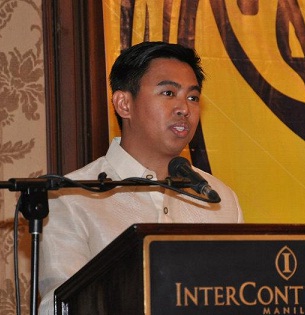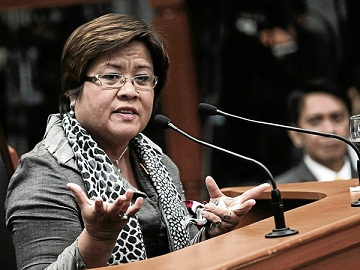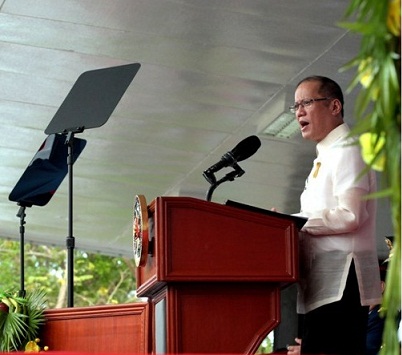
The condonation doctrine has no legal bases. It is a legal principle established by the Supreme Court in the 1959 case of Pascual vs Provincial Board.
Arturo B. Pascual was elected mayor of San Jose, Nueva Ecija, in November 1951 and reelected in 1955. In October 6, 1956, the Acting Provincial Governor of that province filed with the Provincial Board three administrative charges -Maladministrative, Abuse of Authority, and Usurpation of Judicial Functions – against Pascual committed during his first term.
In dismissing the case against Pascual, Supreme Court Justice David J. Gutierrez said, “When the people have elected a man to office, it must be assumed that they did this with knowledge of his life and character, and that they disregarded or forgave his faults or misconduct, if he had been guilty of any. It is not for the court, by reason of such faults or misconduct to practically overrule the will of the people. against the said appellant.”
The condonation doctrine had been used in several Supreme Court cases including the one the public is more familiar with: Aguinaldo vs Santos.







